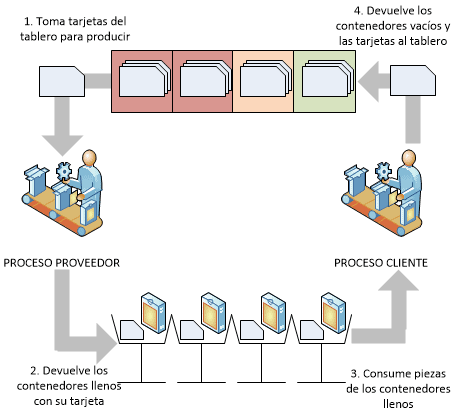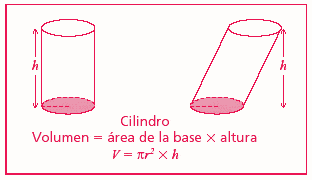Since its inception the Logistics It arose as the way to have a product ready, at the right time, currently constitutes a whole process that projects, implements and controls the movement of production, guaranteeing inventories, distribution, marketing, expenditure of resources, product image, profit, etc.
Over time it has evolved, becoming a vital tool in the competitiveness of any organization.
Advertisements
The logistics strategy considers the importance of making products available to customers and demanded services, in the precise place and monument, in unbeatable conditions and at an optimal cost.
In this article you will find:
What is a logistics strategy?
The logistics strategies are all those business policies that are established for the integral movement of the company, prescribe the objectives of productive work taking as an essential element the service and attention to customers.
Advertisements
The formulation of a logistics strategy pursues the delineation of processes that respond to the fulfillment of customer service and the optimization of operating costs. Based on this, the logistics strategy can help improve the productivity and competitiveness of the company.

Advertisements
Functions of a logistics plan
In any logistics process, at least 5 basic functions are identified that are related to its good performance as a strategic plan.
Traffic and transport management:
It is responsible for the physical movement of raw materials and inputs.
Advertisements
Inventory management:
Supports the responsibility of the assortment of materials and supplies necessary to protect the needs of production throughout the production process, for On the other hand, it is also in charge of the assortment and control of existence and inventory of finished products, destined to meet the demand customers.
Management of the production structure:
It consists of the strategic planning of the facilities for production, number, type, size, location, configuration, etc.
Advertisements
Resource manipulation management:
He cares about and manages the efficient use of storage and inventory, as well as the means for handling materials.
Communication and information management:
It involves the analysis, collection, storage and dissemination of accurate and timely information, which are important in making efficient and effective decisions.
The company manages the entire process, which includes the placement, ordering of all activities aimed at obtaining, transferring and storage of materials and products from the moment of their acquisition with suppliers, until the distribution of finished products to customers and consumers.
The logistics policies differ according to their functions and can be:
- Trade policies
It must respond to elements related to the commercial strategy, be it territorial, sectoral, product line, among others, also establish their own distribution policies until reaching the client.
- Production policies.
It must respond to elements involved in the production strategy, in aspects such as specialization, the flows between different production processes, in addition to establishing their own policies for stocks, storage, production flows, movement of inventories.
- Procurement policies.
Establishes the action plan for the purchase of supplies, the connection with suppliers, the management of supply transportation to provide a timely response to the collection of production materials.
Advantages of the logistics strategy
Some advantages that are obtained from a good strategic logistics plan are:
- Productive improvement:
- Greater efficiency in production, reaching quite high levels of production with optimal use of resources.
- Improvement in the distribution chain, giving constant inventory turnover and maintaining less fixed inventory.
- Improvement in transportation, achieving compliance with agreed programs and deliveries.
- Development of the information system, achieving better communication between the different parties that participate in each process.
- Organizational improvement:
- Optimal coordination of those elements that weigh heavily and influence the consumer's purchase decision, starting with quality of the product, the reliability of the brand, the price, the packaging, the appropriate distribution, the attention and the customer service, etc.
- It allows the broadening of the management vision, in order to turn logistics into a planning mechanism for external and internal activities.
- The harmonization of all these improvements brings benefits in increasing competitiveness and profitability, in such a way that it adapts easily to the challenge of business globalization.
Importance of logistics strategy
Logistics is a fundamental pillar of business and commercial activity, it allows the increase of sales and attracting new customers, so it can become an ally of growth business.
When we speak of logistics strategy we refer to a series of methods that allow carrying out the organization of a company or company, paying special attention to the distribution of goods and products.
A good logistics strategy aims to produce a good efficiently and at a competitive cost, in addition to ensuring that this good reaches the client in the appropriate way and on time just.
It covers the management of the supply chain, which involves the proper conduct of the internal and external activities of the company.


